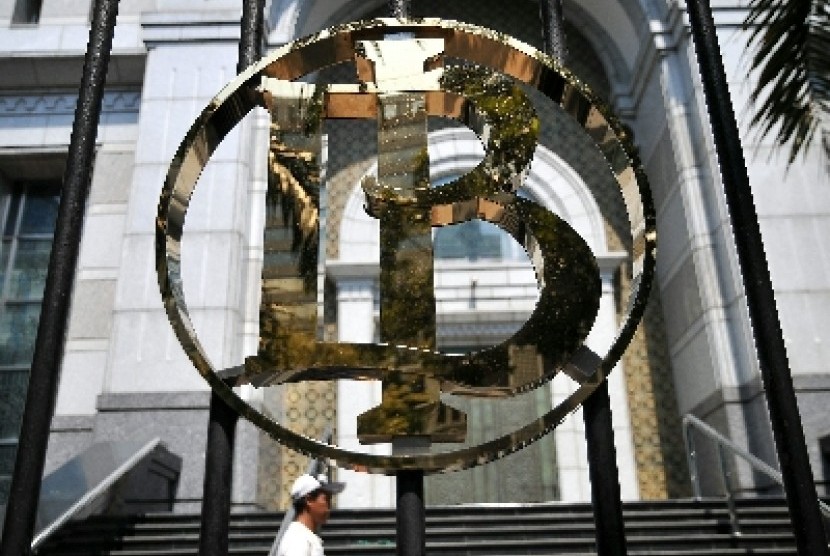REPUBLIKA.CO.ID, JAKARTA -- Finance minister Bambang Brodjonegoro viewed that the dose of monetary policies Bank Indonesia had given was adequate enough to maintain core inflation which is affected by rupiah volatility and interest rates.
He said here on Tuesday that the core inflation that reached 0.52 percent until August and 4.92 percent year-on-year was quite controllable although monetary authorities have to watch potential volatility from external factors.
"I think it is adequate enough. The interest rate as well as the rupiah exchange rate must be maintained," he said when asked about BI's current monetary policy.
Compared to July the core inflation in August was up. According to the National Statistics Agency core inflation in July was at 0.34 percent or 4.86 percent year-on-year.
Core inflation is a persistent component which may be affected by fundamental factors such as supply-demand interaction, exchange rate, commodity prices, inflation in trade partners and market inflation expectation.
The rupiah has depreciated to a Rp14,000 level against the US dollar or reached 13 percent until this year and it has been one of the pressures on the core inflation.
"The task of Bank Indonesia is maintaining the core inflation so that it remains under control because if it is high and no other factors are found behind it it means it is because of the core inflation," he said.
The rate of inflation in August was recorded at 0.39 percent or 7.18 percent year-on-year. Minister Bambang considered it as a turn-around in the demand and price following a high trend in consumption during the fasting month of Ramadhan in July.
He did not agree if the rate of inflation in August was caused by a decline in public demand.
"It happened because supply and distribution of goods and food item especially volatile food was successful," he said.
According to the National Statistics Agency inflation pressure in August was caused more by the new school year momentum.
"Education sector, recreation and sports are main spending components that contributed to the August inflation due to the start of the elementary and secondary school year," the agency chief, Suryamin said.
He said education, recreation and sports contributed to 1.72 percent inflation in August while food inflation contributed 0.91 percent.
The processed food, beverages, cigarettes and tobacco contributed 0.71 percent inflation, followed by health 0.7 percent, group of housing, water, electricity, gas and fuel 0.16 percent and clothing 0.01 percent.
Based on assumptions at the revised state budget 2015 the government has set the target of year-on-year inflation at five percent while Bank Indonesia wishes to control the year-on-year inflation at four percent plus/minus one percent.


